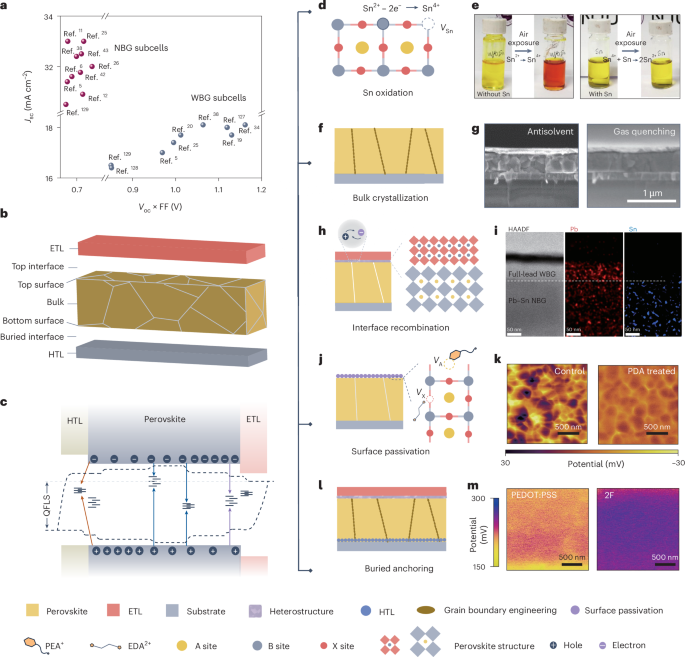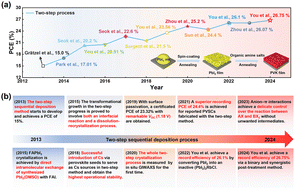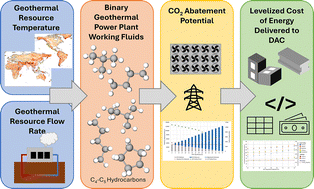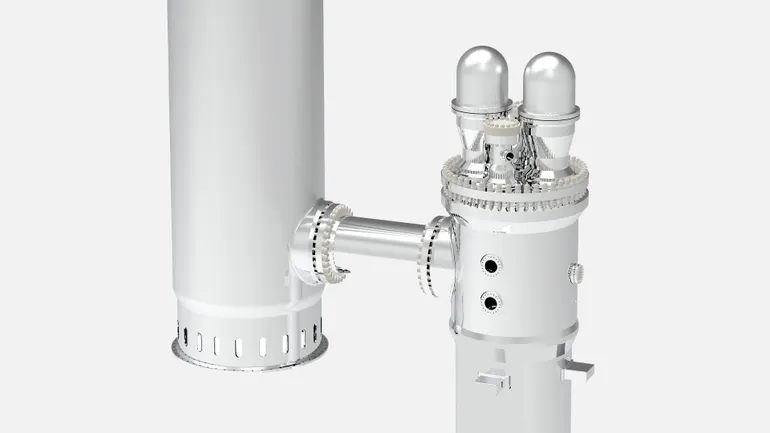Closing Costs for Sellers: A Breakdown of How Much You’ll Pay
How much are closing costs for sellers? Which expenses are they required to pay, and what’s negotiable? We cover everything from commission fees to property taxes in this Redfin guide. The post Closing Costs for Sellers: A Breakdown of How Much You’ll Pay appeared first on Redfin | Real Estate Tips for Home Buying, Selling & More.
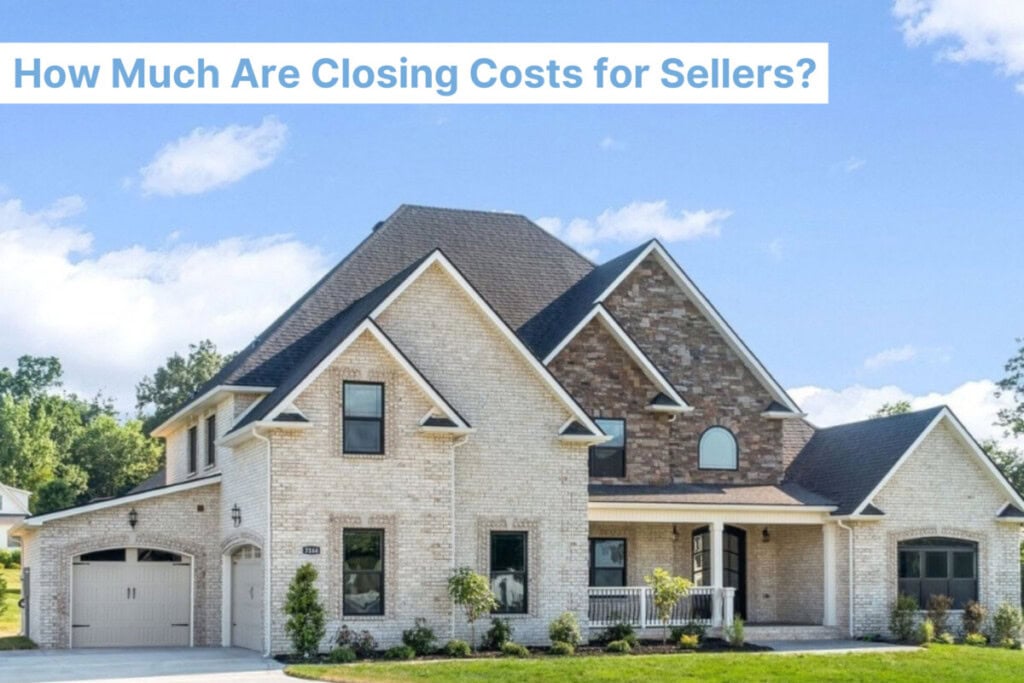

Closing costs aren’t just a buyer’s responsibility – sellers have their own expenses to consider as well. On average, sellers can expect to pay between 6% to 10% of the sale price in closing costs, including agent commissions, transfer taxes, and title fees. These expenses add up quickly and vary widely by location. For instance, selling a home in San Francisco, CA, comes with higher transfer taxes than in Phoenix, AZ, where no such tax applies. Understanding closing costs for sellers can help homeowners budget effectively, plan ahead, and avoid last-minute surprises at closing.
In this article:
- What are closing costs for sellers?
- How much are closing costs for sellers?
- Breakdown of closing costs
- How to reduce closing costs

What are closing costs for sellers?
Closing costs are the fees and expenses required to finalize the sale of a home. They cover everything from real estate agent commissions to title insurance, escrow fees, and transfer taxes. Most of the closing costs for sellers are typically deducted from the proceeds at closing, meaning you won’t need to pay upfront.
However, there are additional pre-sale expenses, such as repairs, staging, and pre-listing inspections, that sellers often pay out-of-pocket before the home goes on the market. While not part of closing costs, they’re still important to factor into your total selling expenses.
How much are closing costs for sellers?
On average, sellers typically pay between 6% and 10% of the home’s sale price in total closing costs. This percentage includes real estate agent commissions — which often make up the largest portion — as well as title insurance, escrow fees, and potential seller concessions. However, the exact amount depends on several factors, including location, property type, and what terms are negotiated during the sale.
Here’s a general estimate of different seller closing costs:
| Expense | Typical Cost | Who Pays? |
| Real estate commission | 3%–6% of sale price | Negotiable |
| Title fees | 0.5%–1% of sale price | Varies by state |
| Transfer taxes | 0%–2.5% of sale price | Seller |
| Escrow and closing fees | $500–$2,500 | Usually split |
| Prorated property taxes | Varies | Seller |
| HOA fees (if applicable) | $200–$1,500+ | Seller |
| Seller concessions (if negotiated) | 1%–3% of sale price | Seller |
Breakdown of closing costs for sellers
1. Real estate agent commission
One of the biggest closing costs for home sellers is the real estate agent commission, typically ranging from 3% to 6% of the sale price. While buyers and sellers have always been able to negotiate who pays these fees, the process shifted following the 2024 NAR settlement.
Previously, listing agents could offer commission to buyer agents through the MLS, and sellers typically covered both agents’ fees. That’s no longer allowed – offers of compensation can’t be included in the MLS. Instead, buyers must sign a written agreement with their agent before touring and agree to their agent’s fee upfront.
Buyers can still ask the seller to cover this fee as part of their offer, which means seller-paid commissions may now vary from offer to offer. Sellers continue to negotiate their own agent’s fee directly and should factor in potential commission requests when estimating closing costs.
2. Transfer taxes and local fees
In some states, sellers must pay transfer taxes, which are calculated as a percentage of the sale price or the property’s value. These taxes can vary widely depending on location. For instance, some areas may charge 0.5% to 2% of the sale price as a transfer tax, while other regions might have a flat fee or no tax at all.
For example, if you’re selling a home in Providence, RI, you’ll likely owe transfer tax. In contrast, Texas doesn’t impose a state transfer tax, so selling a home in Austin, TX may come with fewer tax-related costs – though local fees may still apply.
In addition to transfer taxes, there may be other local fees, such as certification or inspection fees, required by local governments before the property can be officially sold. These costs typically range from $100 to $500, depending on the area. Sellers should check with their real estate agent or local government office to determine the exact transfer taxes or local fees they may be liable for during the closing process, as this will affect the overall closing costs for the seller.
3. Closing fees and other administrative costs
Closing fees are administrative costs related to finalizing the sale and transferring ownership. These may include:
- Escrow fees: Charged by the escrow company handling the transaction, typically shared between the buyer and seller, though this varies by region.
- Title search fees: Covers research to confirm clear ownership and check for liens, often bundled with other title services.
- Recording fees: Paid to the local government to officially record the property’s transfer to the new owner.
These administrative closing fees generally range from $250 to $1,500, but the exact amount will depend on the local jurisdiction and the complexity of the transaction.
4. Owner’s title insurance
Owner’s title insurance protects the buyer against future ownership disputes, such as unknown liens or claims to the property. This one-time premium costs between $500 and $2,000, based on the sale price and location.
In many states, sellers cover this cost as part of the closing process, but who pays can vary by region and local custom. While not always required, offering to pay for title insurance can help make your home more attractive to buyers, especially in competitive markets.
5. Prorated property taxes and utilities
At the time of closing, sellers are responsible for paying property taxes up until the day of the sale. If the home is sold mid-year, property taxes will be prorated, meaning the seller will only pay for the portion of the year that they owned the home.
The same applies to utility bills, such as water and electricity, which are usually prorated based on the closing date. These expenses can range from a few hundred to several thousand dollars, depending on local tax rates and the sale date.
6. Mortgage payoff balance
If the home has an outstanding mortgage, the remaining balance must be paid at closing. The lender provides a mortgage payoff statement, including:
- The remaining principal balance
- Accrued interest
- Possible prepayment penalties (less common but can be 1%–3% of the loan balance).
Sellers should request a payoff statement early to avoid last-minute surprises.
7. Seller concessions
Seller concessions are an additional closing cost that sellers may cover to help reduce the buyer’s upfront expenses. These may include:
- A seller-paid mortgage rate buydown
- A portion of the buyer’s closing costs
- Prepaid property taxes or insurance
- Repair credits
Concessions are negotiable but can range from 1%–3% of the sale price. Some loan types, like FHA and VA loans, limit seller contributions to 3%–6% of the purchase price. While concessions can attract buyers, they reduce the seller’s net proceeds, so they should be used strategically.
8. Other potential closing costs for sellers
While the above closing costs for sellers are the most common, there are a few other costs that could come up depending on the sale, including:
- Attorney fees: In some states, sellers may be required to have an attorney present at closing.
- Home warranty: Some sellers choose to purchase a home warranty for the buyer, covering repairs to major appliances and systems for a limited time after the sale.
- HOA fees: Sellers are responsible for prorated HOA dues up until the closing date. Additional costs may include HOA document fees (usually $100–$400), transfer fees ($100–$500), or unpaid special assessments.
How to reduce seller closing costs
While some costs are unavoidable, there are strategies you can use to lower your closing costs as a seller:
- Negotiate agent commissions: You can discuss a lower listing fee with your agent and decide whether to cover the buyer’s agent commission based on your market and offers received.
- Shop around for title and escrow services: These fees vary by company, so shopping around can save hundreds of dollars.
- List your home at the right time: If possible, selling your home in a strong seller’s market can lead to higher offers or better negotiation leverage, reducing the need for price cuts or offering seller concessions.
- Negotiate closing costs with the buyer: You can work with the buyer to determine who pays for specific costs, such as HOA fees or title insurance. If the buyer is rolling in closing costs to their mortgage, they might be willing to cover a bit more to seal the deal.
The post Closing Costs for Sellers: A Breakdown of How Much You’ll Pay appeared first on Redfin | Real Estate Tips for Home Buying, Selling & More.


































































































![[Updated] U.S. Air Force Mobilizes F-22s and F-35s as Situation in Middle East Escalates](https://theaviationist.com/wp-content/uploads/2025/06/F-22_F-35_CENTCOM-top.jpg)
























